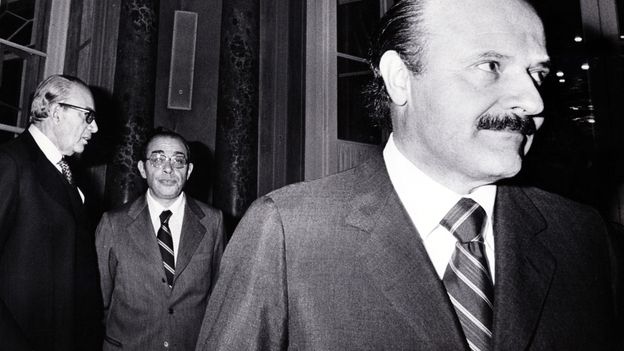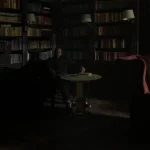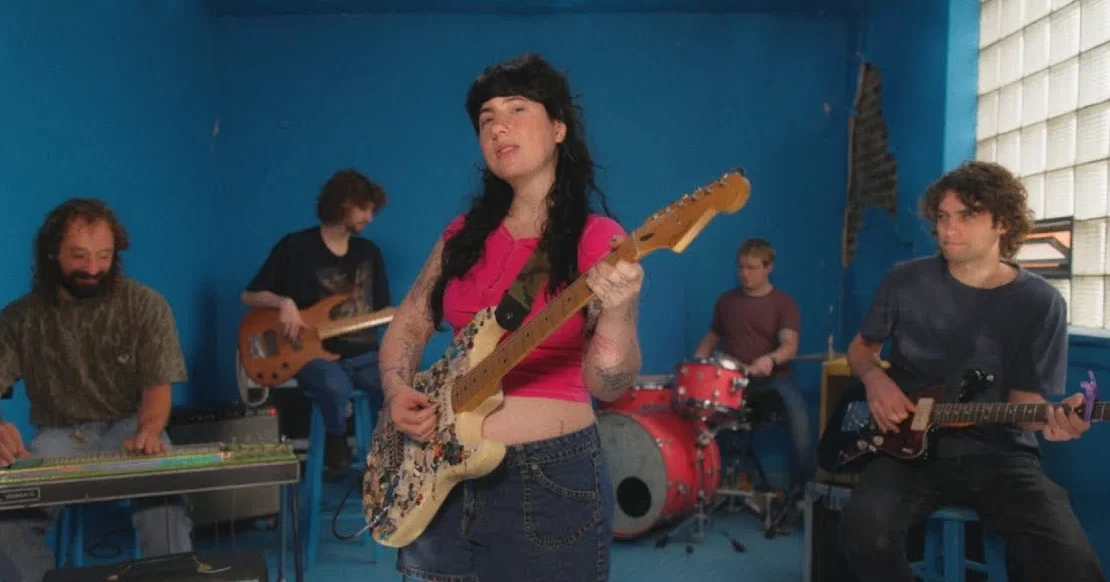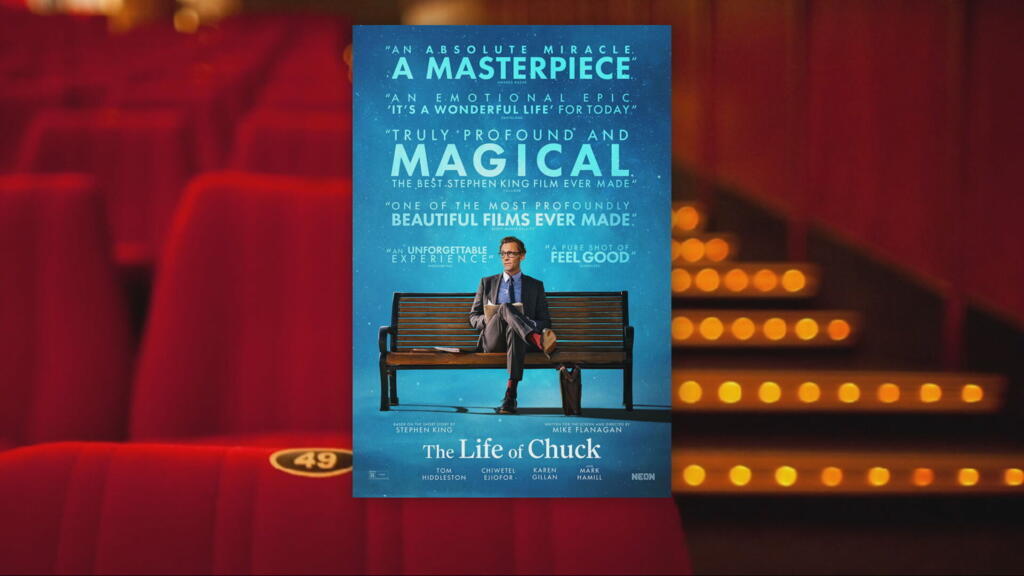 Getty Photographs
Getty PhotographsForty-three years in the past this week, the BBC reported on the demise of Roberto Calvi, an Italian banker whose physique was present in unusual circumstances within the centre of London. His financial institution was linked to the Vatican, a masonic group and the Mafia – and his homicide left many unanswered questions.
Roberto Calvi was the chairman of the distinguished Banco Ambrosiano, the biggest non-public financial institution in Italy. He was so intently linked to the Roman Catholic Church that he was often called “God’s Banker”.
Warning: This text incorporates references to suicide and homicide
However in June 1982, the 62-year-old Calvi went lacking. And on the morning of 18 June, his physique was found hanging beneath Blackfriars Bridge in London.
“Calvi was on the centre of an extremely complicated internet of worldwide fraud and intrigue,” reported the BBC’s Hugh Scully. “It concerned the Italian banking world, the underworld, the Mafia, Freemasonry and, most startling of all, the Vatican.” The banker’s demise would set off a wide-ranging political and monetary scandal in Italy. It might contain the disappearance of thousands and thousands of {dollars}, and depart behind a permanent thriller.
Calvi had been lacking for 9 days earlier than he was found hanging from scaffolding beneath the bridge. However it was the unusual circumstances of his demise that puzzled UK police. His pockets had been full of bricks, and with some £10,000 ($14,000) in money in a number of currencies. He additionally had a pretend passport bearing the identify Gian Roberto Calvini. Regardless of this, the preliminary coroner’s report in July 1982 discovered no proof of foul play on his physique, so dominated that the banker had taken his personal life. However even on the time there was suspicion that one thing far darker was afoot.
“Calvi’s final journey was hardly that of a person considering suicide,” stated Scully. “Certainly, he had made probably the most elaborate plans to get out of Italy secretly.” The banker had shaved off his moustache to keep away from being recognised earlier than disguising his route out of Italy by going by means of different international locations first and hiring a non-public airplane to spirit him to London. “He had taken a one-month lease on a flat in Chelsea after which there was a false passport and an airline ticket,” Scully continued. “Contained in the passport was a present visa for Brazil and the airline ticket was for a one-way ticket to Rio de Janeiro. Why, you may ask, go to all these lengths merely to complete up on the tip of a rope beneath Blackfriars Bridge?”
Calvi’s was not the one surprising demise at Banco Ambrosiano. The day earlier than his physique was discovered, his private secretary Teresa Corrocher had additionally apparently jumped to her demise from the fourth flooring of the financial institution’s headquarters in Milan. She left behind a be aware condemning her boss, writing that he must be “twice cursed for the injury he prompted to the financial institution and all its workers”.
Calvi and his financial institution had operated in a murky world the place finance, organised crime, politics and faith overlapped. Based in 1896, Banco Ambrosiano had an extended historical past with the Catholic Church – and the Institute for Non secular Works (IOR), usually often called the Vatican financial institution, had grow to be its principal shareholder. IOR holds the financial institution accounts of the Pope and the clergy, however it additionally manages the church’s monetary investments. As a result of the Vatican is its personal nation, Italian regulators haven’t any management or oversight of the IOR.
Mafia connections
“The Vatican is completely freed from trade controls and different authorities laws; secrecy is all the pieces,” stated Scully. “The Vatican has to account to nobody for its monetary dealings, and large sums of cash could be despatched wherever on the earth with out anybody figuring out about it apart from these straight concerned.”
By his function as head of Banco Ambrosiano, Calvi had solid shut ties together with his reverse quantity within the IOR, its chairman Archbishop Paul Marcinkus. In flip, this American priest had monetary connections and associates that raised eyebrows. “Greatest recognized of those was Michele Sindona, a world banker with mafia connections who’s now serving a 25-year jail sentence for fraud within the US,” stated Scully. Sindona, who was recognized in banking circles as “the Shark”, would later be transferred to jail in Italy the place he would meet his personal suspicious finish in 1986, after ingesting espresso laced with cyanide.
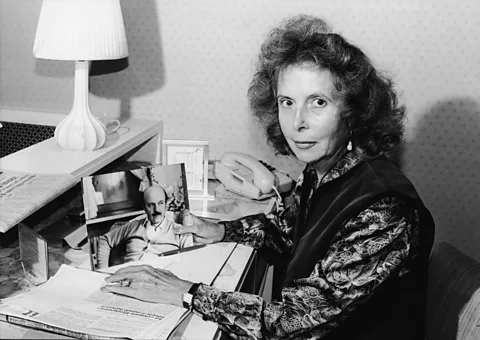 Getty Photographs
Getty PhotographsSindona had mentored Calvi in his banking profession for the reason that late Nineteen Sixties, they usually each belonged to a shadowy masonic lodge referred to as Propaganda Two (P2). The masonic group was linked to excessive right-wing teams and was run by Italian multi-millionaire and avowed fascist Licio Gelli. It counted main figures within the armed forces, politics, enterprise and newspapers amongst its members. An Italian journalist, Depend Paolo Filo della Torre, instructed the BBC in 1982 that whereas P2 was theoretically a masonic lodge, it “virtually was one thing very a lot related to [the] mafia and with all kinds of soiled dealings”.
In March 1981, Italian police raided Gelli’s workplaces and found in a secure a listing of tons of of alleged P2 members, together with politicians, army officers and media tycoon and future prime minister Silvio Berlusconi. The revelation prompted a political explosion. The Italian prime minister Arnaldo Forlani and his entire cupboard resigned, a police chief shot himself, and a former minister was rushed to hospital after taking an overdose.
The police raids additionally uncovered compromising paperwork that implicated Calvi in fraudulent practices and unlawful offshore operations. By Might 1981, the banker had been arrested and located responsible of foreign money violations. He was sentenced to 4 years in jail however was launched on bail whereas pending attraction. Calvi used this as a possibility to skip the nation with a briefcase filled with damning paperwork about Ambrosiano’s actions. Inside days of his arrival in London his financial institution had collapsed, abandoning big money owed.
Lacking billions
“Earlier than Roberto Calvi disappeared, Italian investigators found that $1.5bn was lacking from his financial institution,” stated Scully. “It is now believed that this cash was despatched overseas by means of the Vatican financial institution which escapes Italian trade controls. A few of that cash was lent to South American international locations at low rates of interest as directed by the Catholic Church. The remainder was put into ghost corporations in Luxembourg and South America from the place it was returned to Italy to purchase shares for Calvi within the Banco Ambrosiano. By this methodology he was in a position to make use of financial institution funds to construct up his personal private fortune.”
Marcinkus was additionally hunted for questioning however was granted immunity as a Vatican worker, and he maintained his innocence of any wrongdoing. The Vatican by no means admitted any obligation for Banco Ambrosiano’s collapse, however in 1984 stated it had an ethical duty for the chapter and made a voluntary contribution to the financial institution’s collectors of $406 million.
Investigators believed that the shell corporations that Calvi had arrange had been getting used to maneuver cash each to help secret political actions in different international locations and to launder cash for shoppers such because the mafia. “Police investigations of Calvi’s affairs thus threaten many highly effective folks in Italy and a few assume offered a motive for his homicide,” stated Scully.
Filo della Torre, who knew Calvi, instructed the BBC in 1982 that he believed the banker had been killed, and that his physique being left beneath Blackfriars Bridge indicated masonic symbolism. He stated that P2 members wore black robes to their conferences and referred to themselves as “frati neri“, Italian for “black friars”. When Scully stated that this made Calvi demise’s sound “like one thing out of the Borgias”, the Italian journalist replied: “I am afraid it does very a lot. We’re going again in [a] form of Italian custom.”
Calvi’s household additionally refused to just accept the suicide ruling, which was overturned in 1983 when a second inquest delivered an open verdict on the demise. However his household, together with his widow, Clara Calvi, stored pushing for the police to analyze, hiring their very own non-public investigators and forensic specialists to look into the banker’s demise. After Calvi’s physique was exhumed in 1998, proof mounted that he couldn’t have killed himself. Forensic assessments confirmed that accidents to his neck had been inconsistent with demise by hanging, and that Calvi’s fingers had by no means touched the bricks within the pockets of his garments. In October 2002, Italian judges concluded that the banker had certainly been murdered.
An Italian police investigation was launched, and in October 2005, 5 folks went on trial in Rome, charged with Calvi’s homicide. The prosecutor, Luca Tescaroli, argued that the banker had been murdered for stealing Mafia cash which he was meant to launder, and that Calvi was planning to blackmail a number of different distinguished folks, together with politicians.
In June 2007, after a 20-month trial, Sardinian financier Flavio Carboni, his former girlfriend Manuela Kleinszig, Roman entrepreneur Ernesto Diotallevi, Calvi’s former driver bodyguard Silvano Vittor, and convicted Cosa Nostra treasurer Pippo Calo – who was serving two life sentences for unrelated Mafia crimes – had been all acquitted of any involvement in Calvi’s demise. Hypothesis stays about who commissioned and in the end carried out the killing of the Italian banker, however so far nobody has been convicted.
For extra tales and never-before-published radio scripts to your inbox, signal as much as the In Historical past publication, whereas The Important Listing delivers a handpicked collection of options and insights twice per week.
